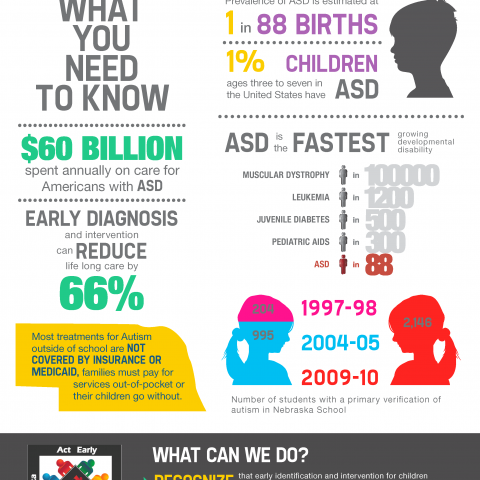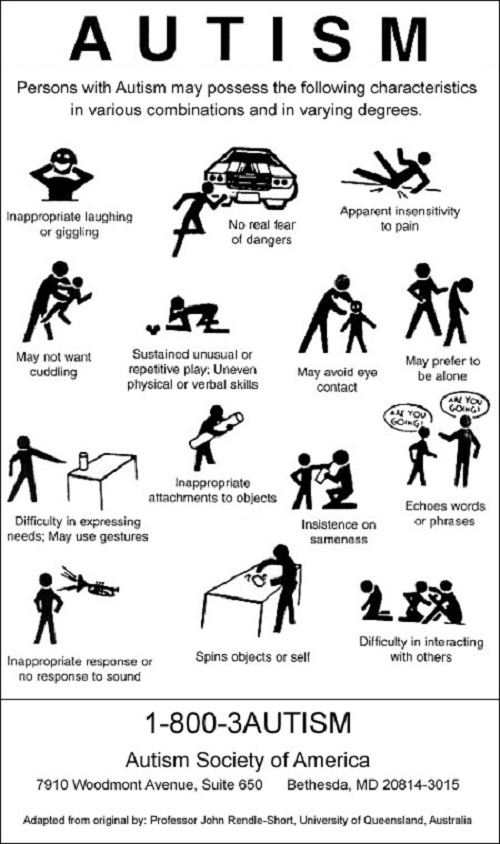Wondering How Autistic Kids Develop Language?
Parents of autistic kids may sometimes express frustration that it is difficult to understand what’s going on inside their children’s minds. Some autistic kids are completely nonverbal, meaning that they don’t speak at all. While speech therapy techniques can help autistic kids, we still don’t know nearly as much about autism spectrum disorder (ASD) as we should. Some people have suggested that one of the communication problems between autistic and neurotypical people is that autism has an entirely unique language all its own. This doesn’t seem too far-out when you consider that, if you’re not a computer programmer, you might have difficulty understanding the computer geek at the office holiday party who is talking a mile a minute about MySQL performance analysis with TCP/IP network traffic. (Still don’t believe me? Check out this New York Times article on Amanda Baggs, who is nonverbal, but has a “constant conversation with… (her) environment.”)
Speech therapy has definite benefits for children with autism. A speech-language pathologist (SLP) can help a nonverbal child use an augmentative and alternative communication (AAC) device. Those who struggle with articulation may benefit from Speech Buddies. But we definitely need to know more about this disorder, and researchers have risen to the challenge.
New Research on Autistic Kids
Just this past December, a new video-article was published in the Journal of Visualized Experiments. The researcher, Dr. Letitia Naigles, developed a new technique for assessing the language comprehension of autistic kids. Her technique is called the portable intermodal preferential looking assessment (IPL). It is an assessment that is conducted in the child’s home with mobile equipment. The study participants watch two videos that are right next to each other. While the children watch the videos, their eye movements are tracked and assessed in order to judge language comprehension.
This differs from other study protocols that may ask the child to respond to stimuli, which is certainly something that a child with severe autism might have trouble with. Furthermore, testing the children within their own homes instead of at another venue was beneficial for autistic kids because they were less likely to experience anxiety that might influence the assessment results. “Children with autism may understand more than they can show because they are not socially inclined and find social interaction aversive and challenging,” pointed out Dr. Naigles.
Conclusions
Dr. Naigles determined over the course of her research that autistic kids and neurotypical kids do share some similarities in language comprehension. For example, both groups of kids were able to comprehend certain sentences before they were able to express them. However, neurotypical children were able to use certain methods of word acquisition that the autistic kids did not.
Dr. Naigles’ technique is expected to play a critical role in other research studies in which scientists seek to assess language comprehension in order to, ideally, develop new treatment methods. In the meantime, check out the resources on speech therapy for autism by the American Speech-Language-Hearing Association (ASHA).




